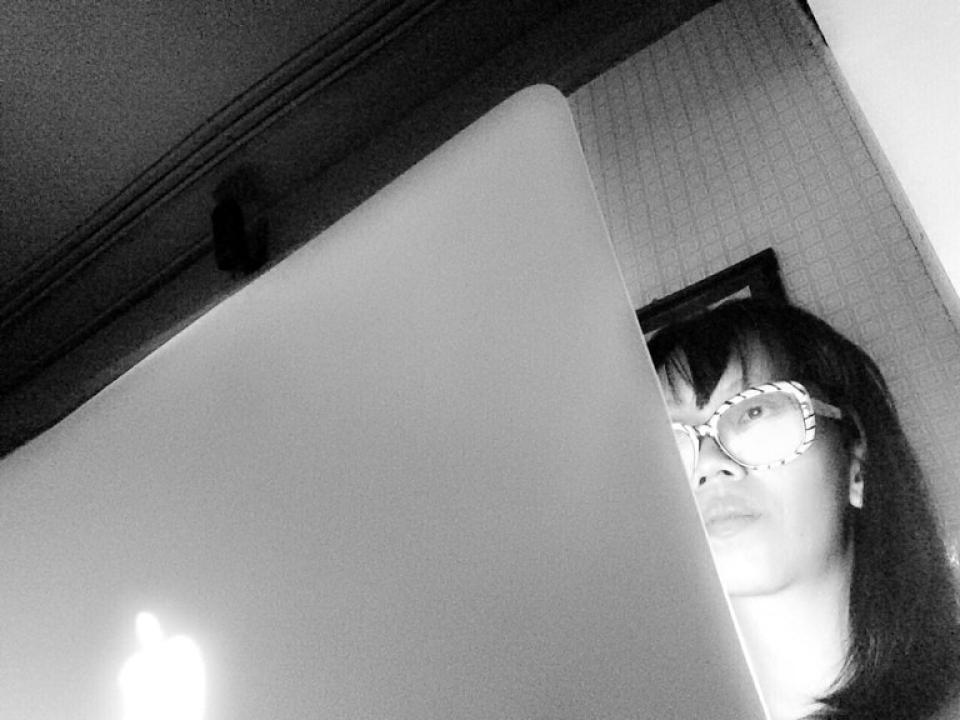
The internet is believed to be an open space for everyone to express themselves freely. So why do we need a set of principles to “govern” us?
“A woman like you deserves to be raped!”
I was shocked and terrified when I received the above comment in reply to my Facebook status. And it didn’t stop there. The person also sent me a private message on Facebook threatening to rape me.
No, this was not a random person I befriended on Facebook. This was someone I had actually met in a couple of training sessions in real life. I knew this person, and this person knew me. If he intended to act on his threat, he could have easily done so. Thankfully, he didn’t, but that’s not the point.
The point is that his comment and message are representative of the misogynistic perspective that he (I am 100% sure) applies in his daily life. The harm done was the same, however, as his comment and threat made me feel fear, anxiety, and a certain sense of trauma.
And what led to his messages? Some women’s rights activists and I were organizing a “mini skirt action” as a protest to a government official who publicly blamed a victim of rape for wearing a mini skirt while taking public transport. The protest called on women to come wearing mini skirts or whatever they were comfortable with and tell the particular government official, other public figures, and society that women have the right to wear whatever we want. And posting that call to protest on my Facebook and Twitter accounts apparently made me someone who “deserved to be raped”.
Name calling, threats, and misogynistic comments online are the things that we, women and sexuality rights activists, have to face on a daily basis here in Indonesia. And I’m sure it also happens in many other parts of the world. People call these the consequences of being activists, be it offline or online. But why is it when it happens offline, there are legal procedures to deal with it, and when it happens online, we’re told to just sleep on it because there’s nothing we can do about it?
Yes, that’s what happened when that serious threat was made to me and I tried to find procedures to deal with it. I found none. Firstly, online violence is not considered as violence. And secondly, in the name of freedom of expression people have the right to say whatever they want (although that’s not the case when it comes to other issues such as politics and religion, where people can be arrested for views expressed online).
It got me thinking, that women and LGBTQI persons are considered as second class citizens even in the online world, which in the beginning was thought would be a space where there with no segregation and discrimination on the basis of social and political class, race, gender identity, and sexual orientations. Women and LGBTQI are not considered as agencies who have the capacity and rights to make our own decisions in regard to our own bodies, minds and lives in any of the spaces we live in.
As the internet evolved and came to the digital era we are in today, we realize that it’s just the same as the “real” world. What people express online represents what people would express offline, only meaner because there’s an aspect of anonymity in it. What people think of women and LGBTQI remains the same. The root cause is the same, which in regards to gender and sexuality issues, is a misogynistic mindset. To make it even more complicated is the possibility that online violence can lead to offline violence and vice versa.
The example I’ve mentioned may seem to be only about online violence against women and LGBTQI. But in reality, the misogynistic perspective on the internet stretches way further than just that, which includes, but is not limited to, unequal access to the internet (statistics show that there are 200 million more men who have access to the internet than women) which can lead to less opportunities to access information, education and economic freedom for women, control over the bodies and sexual lives of women, and a host of other safety and security issues.
How do we then deal with those issues? In the offline world, as women’s rights activists, we constantly formulate strategies for our work with the goal of dismantling patriarchy in order to end violence against women and create gender equality. So we need to extend the fight we engage in our movement and translate our offline strategies to be used online.
For this reason, the Association for Progressive Communications (APC) brought together 50 feminists from 30 countries and five continents in April 2014 to discuss these issues. The week-long meeting (which EngageMedia also participated in) was full of different perspectives, backgrounds, cultures and contexts that everyone brought in. After many agreements and disagreements, the attendees finally came up with what we call The Feminist Principles of the Internet.
Why do the principles matter?
One can argue that we should not be online if we don’t want to also accept the consequences, such as its inequality and misogynistic nature. But we can answer that with a question: Why are human rights principles so important in the offline world and then become so unimportant in the online world?
In the internet era, online life cannot be separated from offline life. It has almost become a basic human necessity, even more so when the offline space cannot provide, as far as information and education goes, for example.
We need the internet, but not the internet that we have today. We need an Internet that values our online life as much as we value our offline life, with dignity, respect towards others, and equal rights for all. Having said that, instead of not simply using the internet, we need to fight for our rights online, just as we fight for our rights in life instead of simply stopping to live, right?
The set of principles is for us to do just that. Fighting for women’s and sexuality rights on the internet to contribute to the global movement to dismantle the patriarchal system in all the spaces we live in, and to bring about the changes in perspectives that we want to see. This is why the Feminist Principles of the Internet matter.
The Feminist Principles of the Internet is of course not a bible nor is it a fixed document that will govern our online life. As any set of principles, they can evolve according to the development of circumstances. It is a guide for us to use in accordance to our own contexts. It is a joint effort in our continued struggle.
Some people say that we are good at expressing what we don’t want but not at expressing what we do want. But now we can say: This is what we want. This is the feminist internet that we want!
Image by Dhyta Caturani
- 7119 views






Add new comment